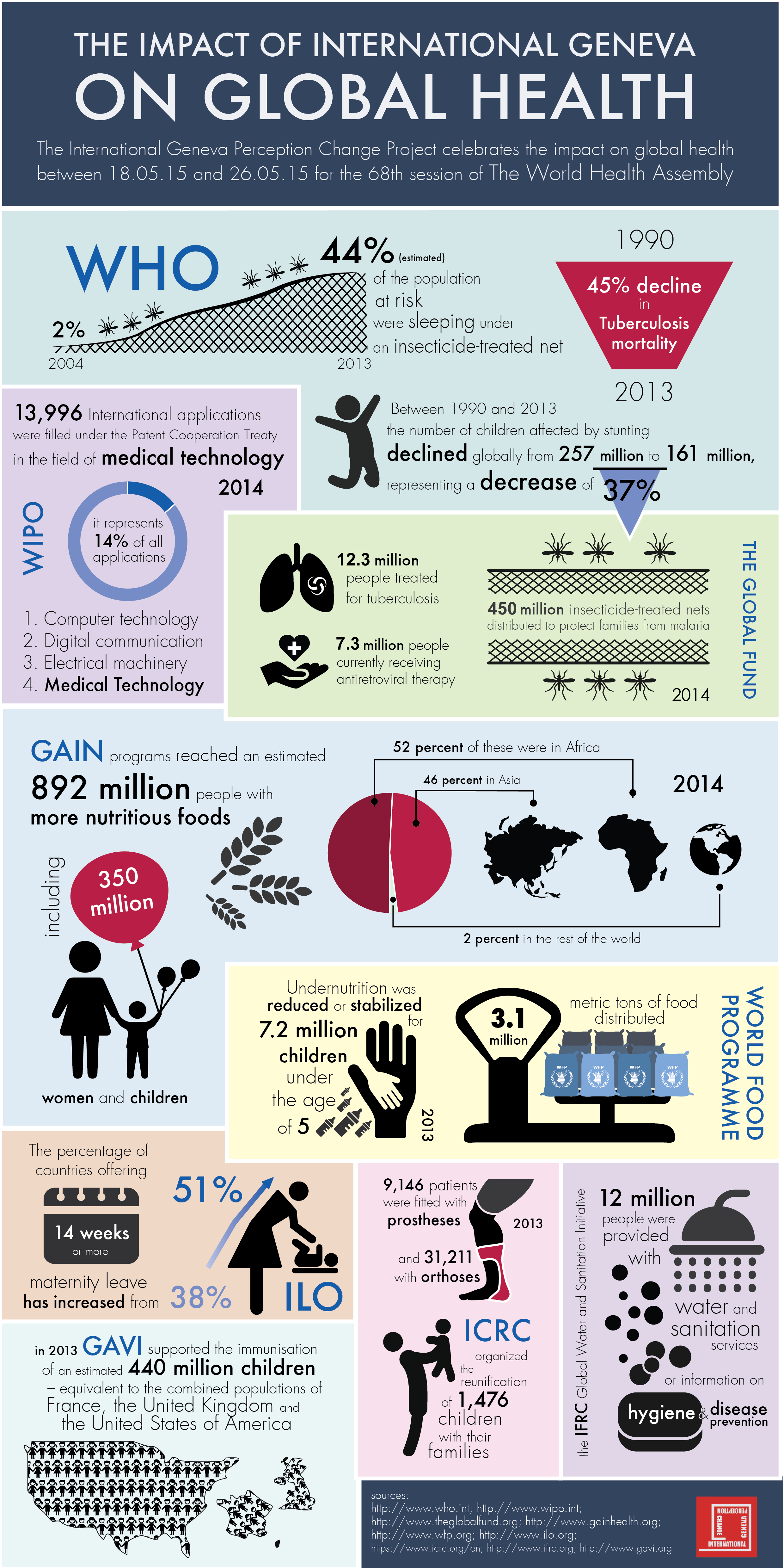JAKARTA, Indonesia, June 5, 2015 /PRNewswire-USNewswire/ -- The following is being released by Open Society Foundations:
In an open letter to Indonesian President Joko Widodo, published in the leading health journal The Lancet, a group of prominent Indonesian academics and experts have called on the government to commit to proven public health approaches to address drug use, and to urgently discontinue strategies which have been found counterproductive such as involuntary rehabilitation and the death penalty.
"The Indonesian government has shown increased commitment to addressing drug use and guaranteeing the well-being of its citizens, but in order to achieve this it must choose public health and harm reduction strategies. The current drug war approach has been a proven failure around the globe, even causing more harm than good," said Professor Dr Irwanto of the HIV and AIDS Research Centre at Atma Jaya University and veteran drug and HIV researcher in the country.
"We know what works: we already have the evidence and have been implementing health focused programmes that work in Indonesia since the early 2000s. We have an ethical obligation to provide our citizens with options that save lives, such as needle syringe programmes, opioid substitution therapy and community-based, voluntary drug treatment. But despite the proven success of these interventions, political commitment and funds are lacking, and current punitive strategies in Indonesia do not provide enough space for meaningful health programs. Our limited funds are instead being used to bolster fear-based approaches, which effectively drive people in need further away from health programs," said Dr Ignatius Praptoraharjo, Researcher at the Center for Health Policy and Management in the Faculty of Medicine at Gadjah Mada University.
The group of experts question the validity of the estimates of drug use frequently used to suggest Indonesia is in the grip of a national drug emergency requiring a large-scale drug war, and call on the President to invest in more accurate data collection. The group are concerned that the government has used the estimates as the basis for national policies without providing sufficient opportunity for independent peer review.
"Obtaining valid estimates of drug use is not an easy, straight-forward process, yet we need to make sure that national policies are based on evidence that is thoroughly peer-reviewed and transparent. Each human life matters. Productive human lives may be compromised by misguided policies", stated Prof. Dr. Irwanto.
People who use drugs face increasing stigma, discrimination and human rights violations as punitive drug control measures increasingly trump public health.
"HIV infections will continue to rise as long as drug users continue to live in fear of arrest or placement in involuntary rehabilitation," said Dr. Kemal Siregar, Secretary General of the National AIDS Commission.
Signatories to the open letter argue in favour of establishing an independent, multi-sectoral committee on drug use comprising relevant government agencies, national ministries, researchers, service providers and community leaders tasked with reviewing available drug related data, setting priorities, recommending evidence-informed actions and monitoring progress.
"As people who use drugs, we have seen and experienced for ourselves that repressive and punitive approaches have exacerbated drug-related deaths and harms such as HIV and hepatitis C transmission," adds Edo Agustian, National Coordinator of the Indonesian Drug Users Network. "We urge the government to work together with drug-using communities, academics and other stakeholders to build a more effective response before any more lives are lost."
Signatories:
Prof. Dr. Irwanto, PhD, Researcher and Senior Observer, Atma Jaya HIV-AIDS Research Center;
Prof. Dr. Sulistyowati Irianto, University of Indonesia's Faculty of Law;
Dr. Siti Musdah Mulia, Muslim scholar and Chairperson of the Indonesian Conference on Religion for Peace Professor;
Professor Dr. D.N. Wirawan, Head of the Public Health Postgraduate Program at Udayana University;
Dr Ignatius Praptoraharjo, Researcher at the Center for Health Policy and Management in the Faculty of Medicine at Gadjah Mada University;
Dr. Robet Robertus, Senior Lecturer in the Sociology Department at Negeri University Jakarta;
Edo Agustian, National Coordinator of the Indonesian Drug Users Network;
Haris Azhar, Coordinator of Kontras (Commission for "the Disappeared" and Victims of Violence);
Dr A Setyo Wibowo, Lecturer and Head of Philosophy at Driyarkara Philosophy Institute;
Rafendi Djamin, Indonesian Representative to the ASEAN Intergovernmental Commission along with other signatories.
source: http://www.prnewswire.com


